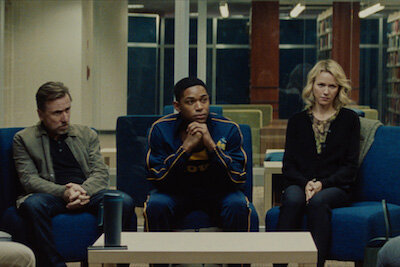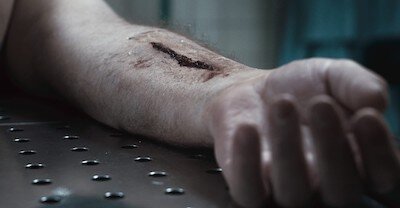Direction: James Mangold
Country: USA
Versatile director James Mangold has directed two biographic dramas, namely Girl, Interrupted (1999) and Walk The Line (2005), which chronicles the lives of author Susanna Kaysen and singer-songwriter Johnny Cash, respectively. His new flick, Ford v Ferrari, is also a biopic, yet this time addressing car sports racing and centering on the skillful British engineer and driver Ken Miles, the true hero behind the Ford Motor Company triplet victory at the 1966 24 Hours of Le Mans race. That same year, he also conquered Daytona with distinction.
A director can’t go wrong when picking Christian Bale for a role, and the actor couldn’t have been more passionate while playing a true sportsman with a tremendous gift to pilot a car at roaring speeds. Under the wing of visionary automotive designer/entrepreneur Carroll Shelby (Matt Damon), Miles demonstrates to have what’s necessary to defeat the untouchable leading team Ferrari. Still, the interpersonal tensions between Shelby and Leo Beebe (Josh Lucas), the obnoxious Ford senior vice-president, in addition to the lack of respect and consideration from CEO Henry Ford II (Tracy Letts), prevented him from having the deserved attention for the feat.
Not just accessible to car buffs, the film has its adrenaline-rushing moments, focusing firmly on the personalities of the ones involved. Yet, on the other hand, I found the car racing scenes way too repetitive and the script - written by Jez Butterworth, John-Henry Butterworth, and Jason Keller - mounted with cheap formulaic attractions, including a dull brawl between Shelby and Miles with the latter's wife (Caitriona Balfe) as a spectator, and Mr. Ford’s tears of contentment and affliction after a high-speed ride.



























































